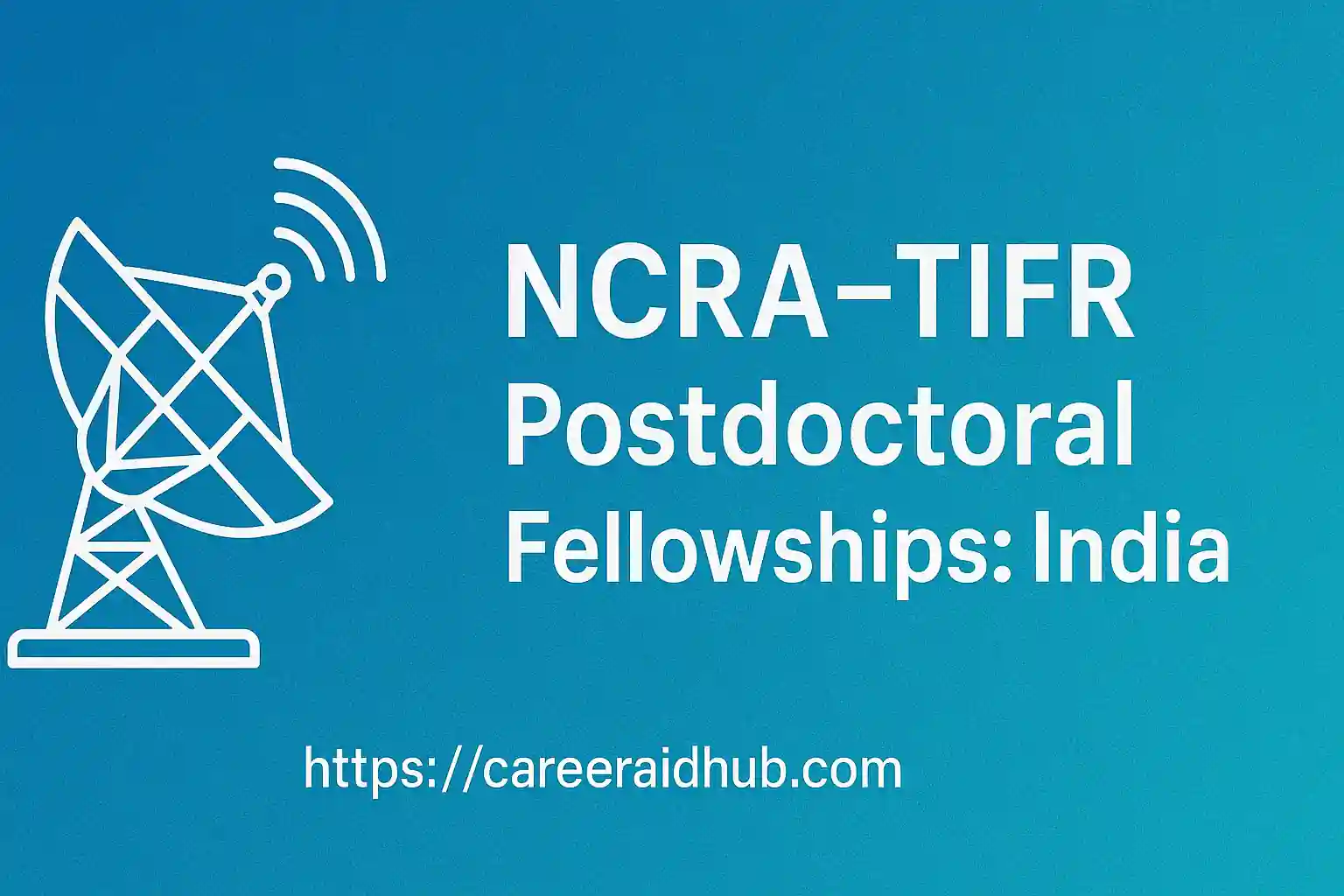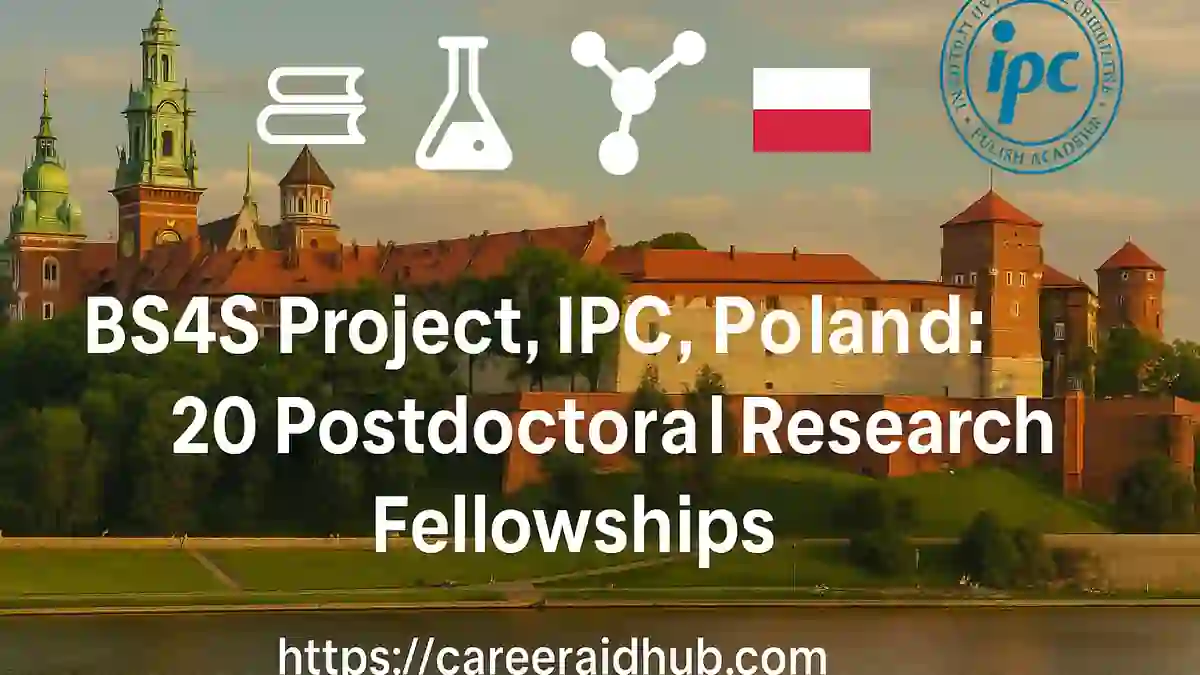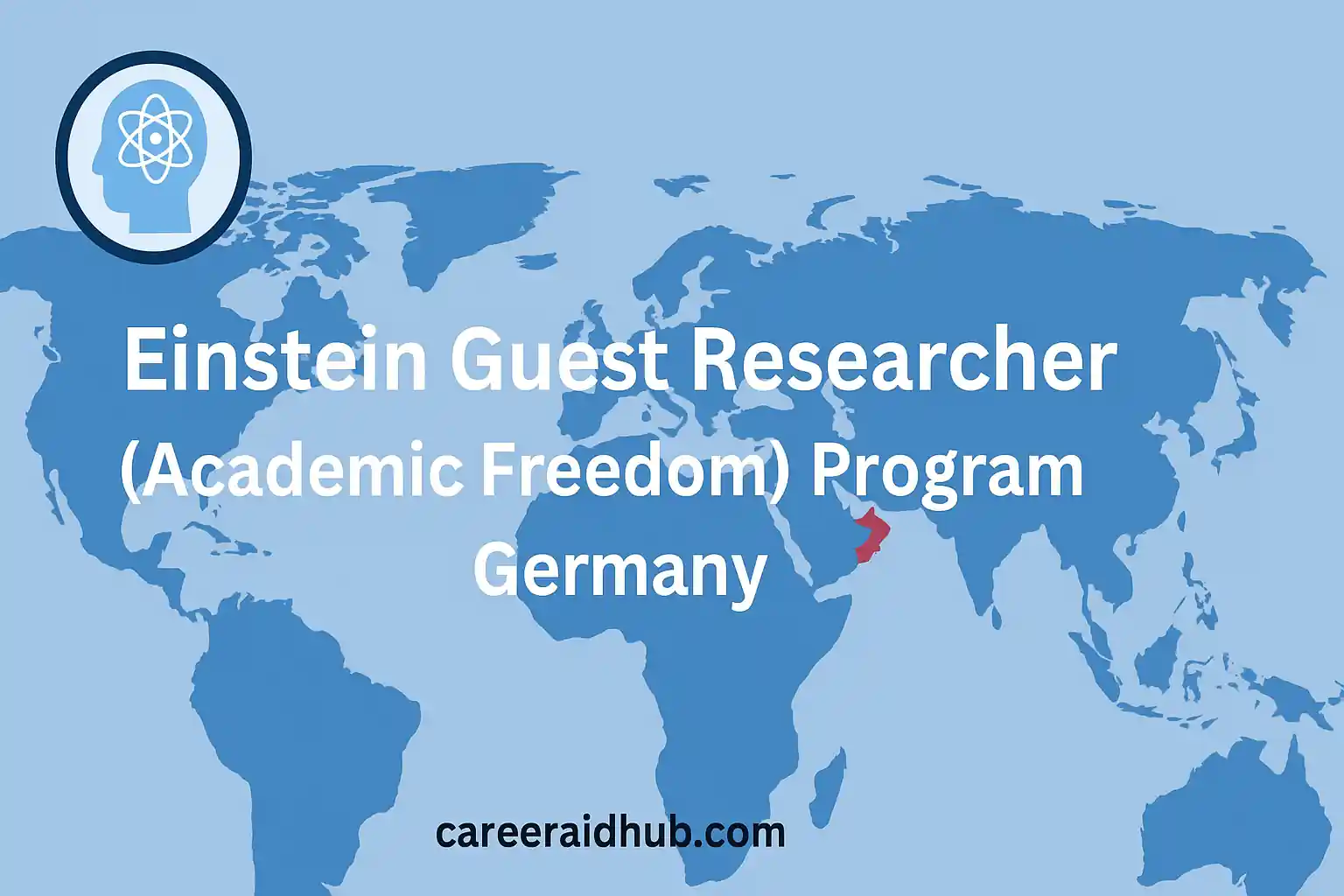Introduction: Understanding the CSU Open Pool System
Colorado State University (CSU) is widely recognized for its contributions to scientific discovery, education, and interdisciplinary research. To streamline hiring and ensure that laboratories can quickly access qualified candidates, CSU maintains an open pool system for Research Associate roles.
This system differs from traditional job postings. Instead of applying to a single faculty project, applicants submit their credentials to a pool. Departments and laboratories then draw from this pool when specific research needs arise. This process benefits both applicants, who gain visibility across departments, and faculty, who can fill roles efficiently.
Colorado State University (CSU), Fort Collins, maintains an open hiring pool for Research Associate I, II, III, IV, and Senior positions. These roles allow candidates to be considered across multiple departments, providing flexibility, exposure to cutting-edge projects, and opportunities to join world-class research teams.
What Does “Open Pool” Mean?
The open pool system serves as a flexible recruitment mechanism:
Validity of Applications: Once submitted, applications remain active for a predetermined period. At CSU, pools typically stay open until December 31 of the cycle, although certain departments may set
earlier dates.General Application: Candidates are not tied to a specific project. Instead, they enter a pre-qualified pool that laboratories can access as needs emerge.
Selection Process: If a candidate’s skills align with a department’s requirements, they may be contacted directly for interviews and placement.
This system creates ongoing opportunities for researchers to connect with multiple academic units without reapplying for each individual posting.
Levels I–IV and Senior: Role Differentiation
Research Associate positions at CSU are categorized into levels based on academic qualifications and professional experience.
| Level | Qualification & Experience |
|---|---|
| Level I | Entry-level; requires a bachelor’s degree with fewer than three years of relevant post-baccalaureate experience. Suitable for early-career researchers. |
| Level II | Bachelor’s degree with more than three years of experience, or a recently earned Master’s degree. Demonstrates intermediate proficiency in lab or fieldwork. |
| Level III | Bachelor’s degree with around five years of experience, a Master’s with two years, or a newly earned PhD. Involves independent research and limited supervision. |
| Level IV | Bachelor’s degree with 10 years, Master’s with five years, or PhD with two years. Requires advanced technical expertise and leadership responsibilities. |
| Senior | PhD with at least five years of postdoctoral or equivalent experience, coupled with leadership in research groups, mentoring, and high-level oversight. |
Each progressive level demands greater independence, advanced technical skills, and in senior roles, supervisory responsibilities such as managing staff or coordinating projects.
Departments and Research Areas
The open pool spans numerous academic units at CSU. Candidates may be considered for roles in:
Biochemistry and Molecular Biology — focusing on genetic regulation, protein structure, and applied biotechnology.
Physics — covering experimental and theoretical physics, optics, astrophysics, and condensed matter research.
Biology — spanning cell and molecular biology, animal and plant physiology, ecology, evolutionary studies, and computational modeling.
Chemistry — including organic, inorganic, analytical, materials chemistry, and physical chemistry.
Depending on project requirements, work may be on-site, hybrid, or occasionally remote if the role permits computational research or data analysis.
Salary, Duration, and Employment Conditions
Research Associate positions at CSU are supported by external grants, departmental funding, or faculty-led projects. Terms include:
Salary Range: Positions typically fall between USD 30,000 and USD 80,000, with exact compensation dependent on level, qualifications, and departmental funding.
Signing Bonuses: Some departments may offer bonuses up to USD 2,500, subject to project budget and faculty discretion.
Contract Duration: Appointments are often temporary or tied to specific projects, though extensions may occur based on performance and continued funding.
Pool Expiry: Applications remain valid until the pool’s closing date. Most pools end on December 31 2025, though certain pools, such as Physics, may close by June 30, 2026.
Applicants wishing to remain eligible must reapply when a new pool opens.
Benefits and Working Environment
Working as a Research Associate at CSU offers a blend of academic rigor and professional support:
Research Infrastructure: Access to advanced laboratories, field stations, and computational resources.
Collaborative Networks: Opportunities to work across departments, encouraging interdisciplinary exploration.
Flexibility: Depending on the project, candidates may benefit from hybrid arrangements.
Employee Benefits: Eligible positions may include health insurance, leave options, relocation support, and professional development opportunities.
Exposure to High-Impact Research: Projects often involve national and international collaborations, preparing associates for further academic or industry careers.
Application Requirements and Submission Process










